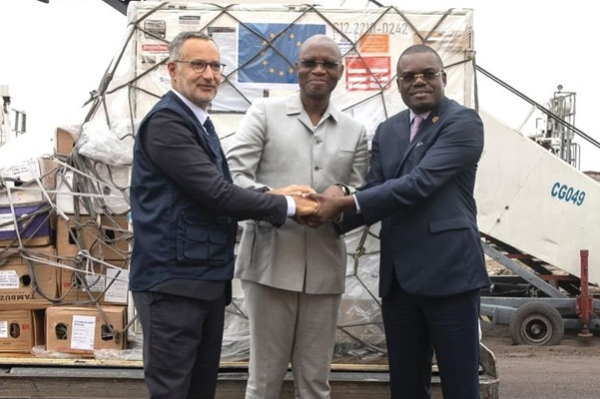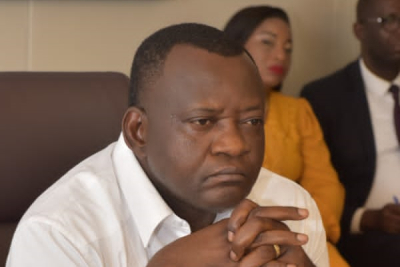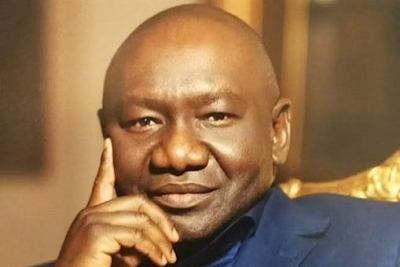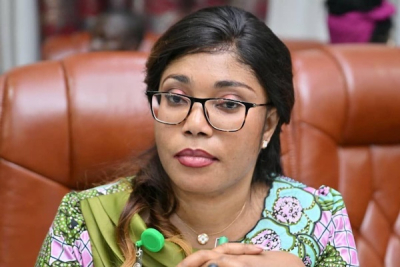The Democratic Republic of Congo (DRC) received 65,000 new doses of Mpox vaccines on September 10. They add to the 200,000 doses received over the past week.
The US and Gavi, the Vaccine Alliance, supplied the new batch. They respectively shipped 50,000 and 15,000 doses. The doses received the week before came from the European Union.
According to the Congolese minister of health, Samuel Kamba, the DRC needs 3.5 million doses of vaccine. The country, the official indicated, expects 215,000 doses from Belgium and 3 million from Japan. For now, however, details about these negotiations are unknown.
Data from the National Institute for Public Health shows that since January, Mpox has infected nearly 22,000, and killed 716 people in the DRC.
To fight the disease, the DRC has drawn a $49 million strategy. Minister Kamba said the money will be used for awareness-raising campaigns, dispatch teams on the field, and take care of the infected. The strategy, however, does not involve funding vaccination. Meanwhile, the vaccines are scarce and expensive.
Roger Kamba, the Minister of Health, in this regard, noted that it would cost $700 million to secure 3.5 million doses. That corresponds to about 4% of the DRC’s budget. Financing the vaccines could thus exacerbate budgetary pressures, not only in the DRC but in all African countries hit by the epidemic, according to Fitch Ratings.
Preventive measures to control the spread of the virus could slow down economic activity in the DRC. However, an uncontrolled outbreak would have negative economic impacts not only for the DRC but also globally. This is because the DRC is a major supplier of minerals critical for the energy transition.
To avoid such consequences, international cooperation and support is urgently needed. The international community should help the DRC manage the health crisis while minimizing disruptions to the economy and global supply chains.
Georges Auréole Bamba










